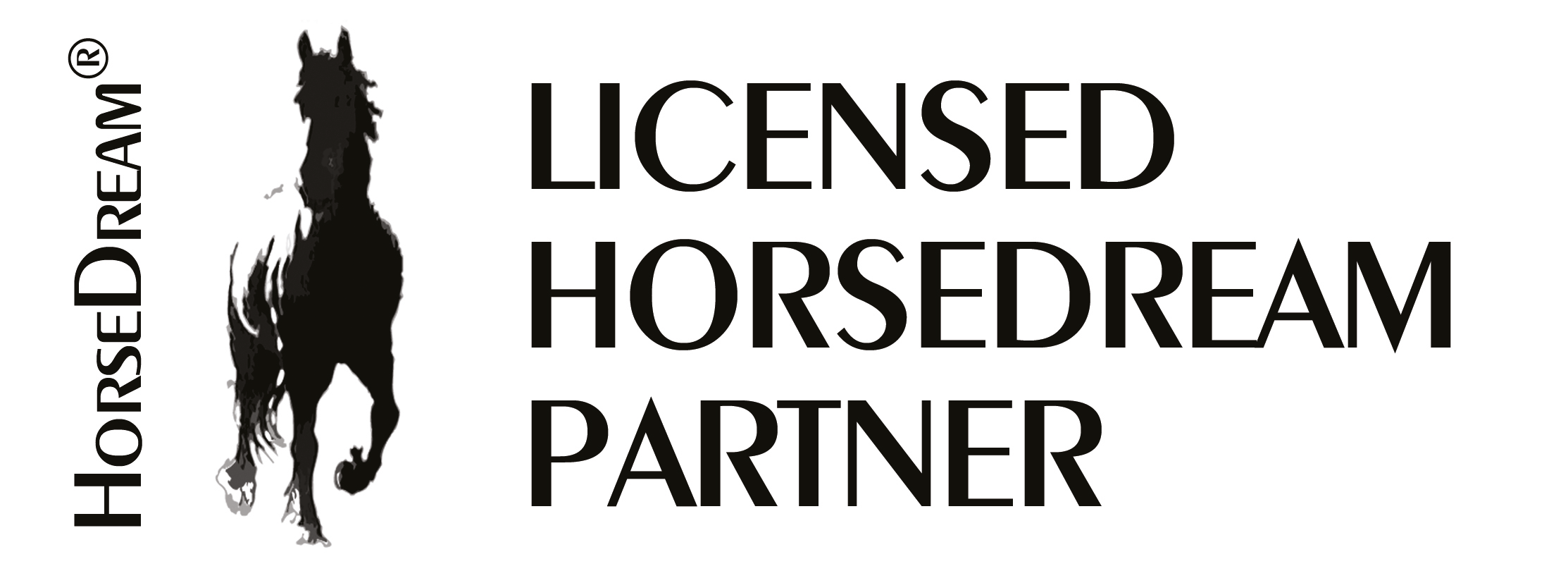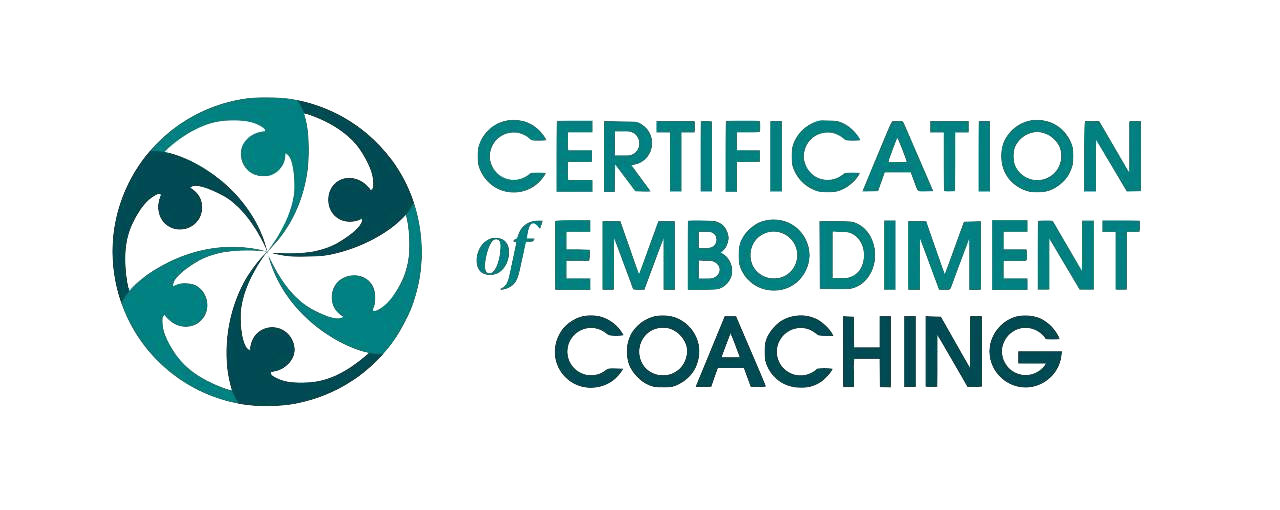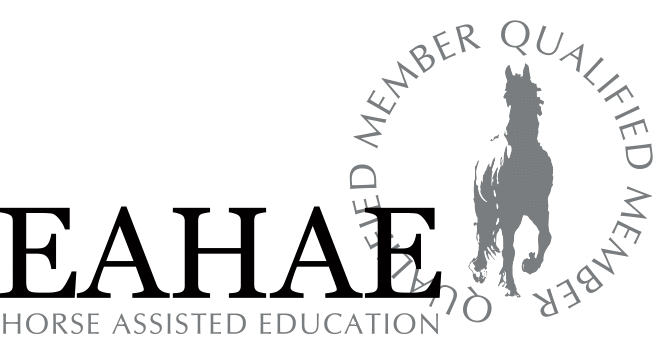What are the requirements of equine therapy horses?
And how can equine therapy horses be beneficial for our mental health?
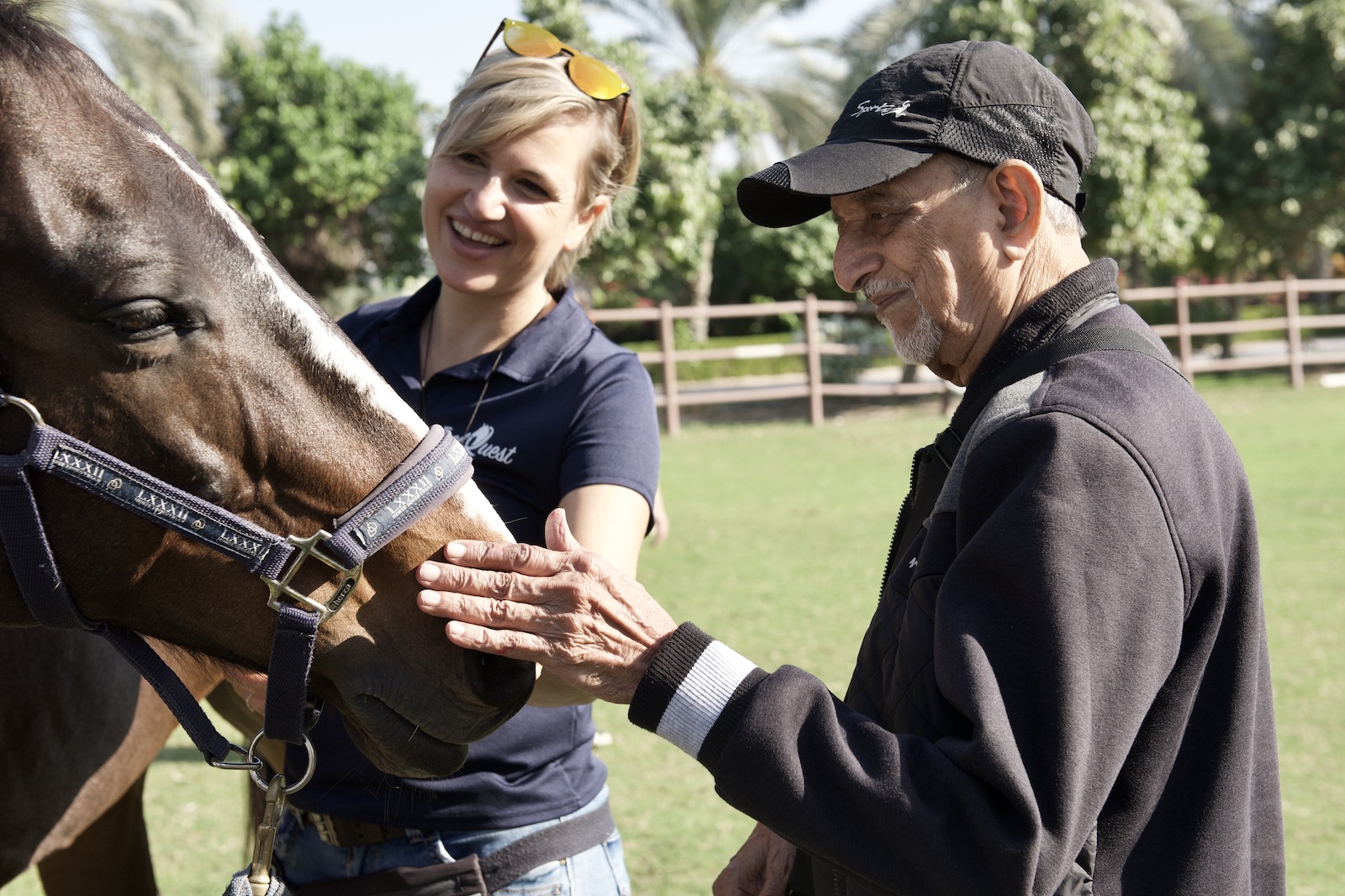
Can any horse be trained to become an equine therapy horses, and what are the benefits of having horses used in therapeutic sessions?
These are questions I would like to answer here from my point of view and my experience from years of offering horse guided coaching sessions as well as mentoring students worldwide. But first, I want to talk about a very special situation in the United Arab Emirates (and most probably the same applies to the neighboring GCC countries)
Status Quo: Horses need a retirement plan
In the United Arab Emirates, over the last two decades there has been a huge influx of horses.
More and more horses are imported, whilst less are exported, leaving a huge number of horses in the country.
What happens to them after they have been used in the sport? There are no real retirement places for them.
According to the OEC, in 2022 the United Arab Emirates imported $30.5M in Horses, becoming the 19th largest importer of Horses in the world. If you think about the small size and population of this country compared to other major importers like the United States, Australia or the United Kingdom, this is huge in terms of ratio. The exported ones often are expensive horses that fly out over the summer months to race or train somewhere else, and are then re-imported when the weather cools down.
The equestrian sport has made significant leaps over the past years and is growing in numbers and popularity thanks to many initiatives.
However, what is currently lacking is a retirement plan for horses once they are too old, sick or injured to be used in the equestrian sport.
And that is where the role of equine therapy horses comes in, to benefit the horses as well as society.
What are the requirements for equine therapy horses?
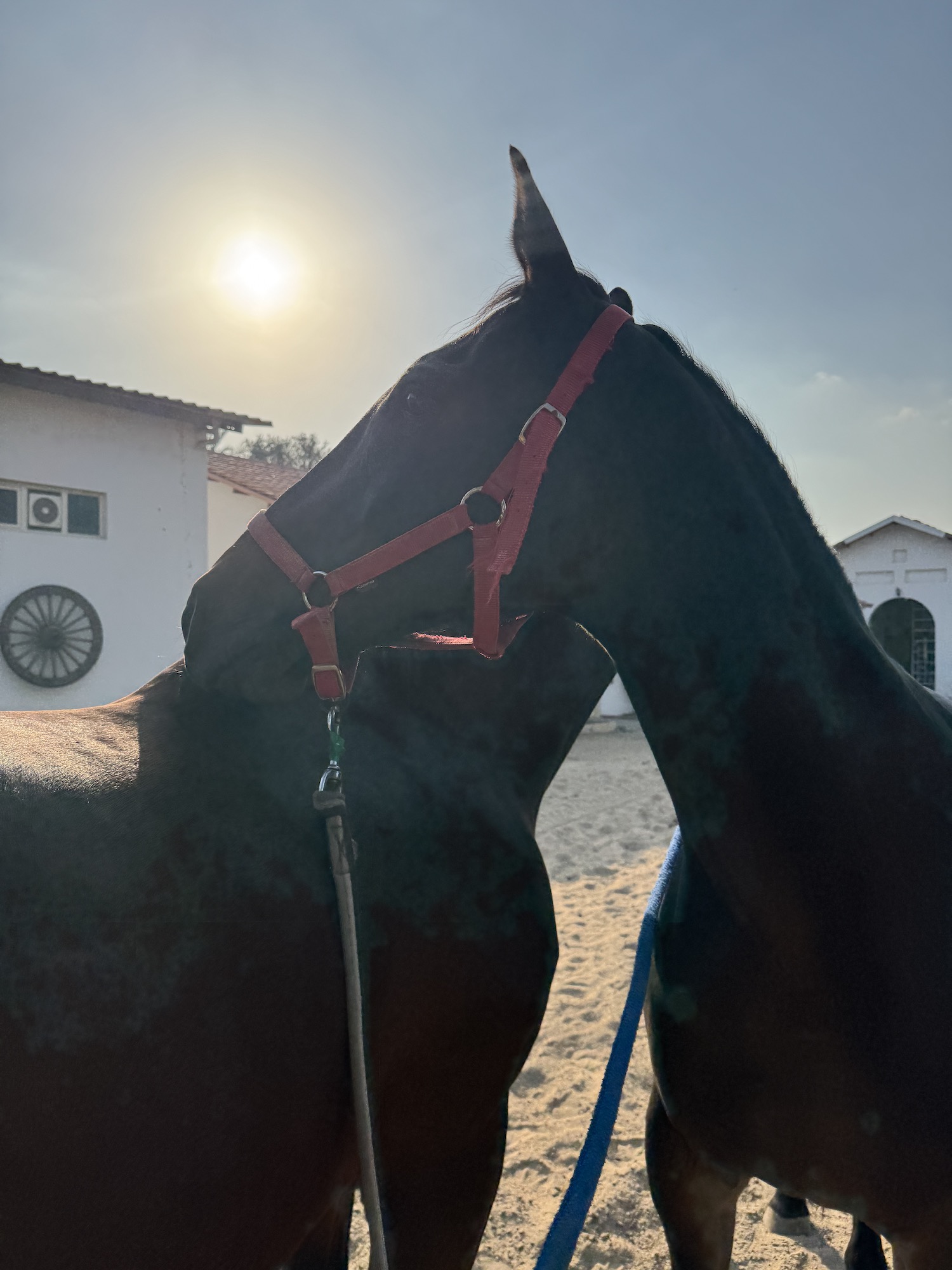
Equine therapy horses require calm, gentle temperaments and the ability to connect with humans emotionally.
Interestingly, retired, older, or unrideable horses often excel in this role, and there are many examples from all over the world where thoroughbred race horses, polo horses, endurance horses etc have transitioned successfully into therapeutic programs.
Even horses who have undergone traumas in their initial years and are given time to trust humans again, can form deep bonds with participants.
Sometimes, their scars, be it emotional or physical, are an anchor point in immediately connecting patients with equine therapy partners ("this horse understands what I am going through")
When given the freedom to roam, live in a herd, and socialize naturally, these horses thrive emotionally and physically, making them exceptional partners in therapy. Providing them with such an environment not only enhances their well-being but also enriches the therapeutic experience for those they assist.
Equine therapy as retirement - a sustainable life circle
There are different equine therapy models, and the requirements to the horses will change slightly according to their usage.
For autistic children for example, the rhythmic motion of horse back riding has a calming effect and is one of the most beneficial ways to engage with the horses.
But there are more and more ways to bring horses in therapy that do not necessarily involve mounting them, like we do in our method Horse guided Empowerment, where most interactions happen from the ground.
This means that even horses who are too old or injured to be ridden, could still serve as equine therapy partners - that is, if more equine therapy centers are built.
The benefit of horse assisted therapies for the UAE
Horse-assisted therapy aligns with the United Arab Emirates's National Strategy for Wellbeing 2031 by promoting mental health, positive thinking, and healthy lifestyles.
Interacting with horses in holistic therapeutic settings, guided by qualified practitioners:
- fosters emotional resilience
- reduces stress, and
- encourages mindfulness, helping participants develop a more optimistic outlook.
Conducted in natural outdoor settings where horses and people are free to roam, these therapies also support physical well-being and social connection, making them a holistic approach to enhancing overall quality of life.
Why do we need more specialized equine therapy centers in the UAE?
Currently, there are hardly any dedicated centers for equine assisted therapy in the UAE. Some sessions take place in riding schools which are not fully conducive to creating the atmosphere needed to allow true relaxation and connection.
Some spaces where not built with a therapeutic focus in mind and are therefore missing crucial elements like wheelchair accessible toilets, mounting ramps etc.
The few existing centers are often located on the outskirts of the city, making accessibility an issue, especially with increasing traffic.
Financial restraints and lacking of sponsorship also play a role - paying salaries for qualified and trained professionals is a must, and many of the recipients who would benefit the most from therapeutic interactions with horses do not necessarily have the financial means to afford expensive therapies:
Here are a few social groups who can greatly benefit from horse-assisted therapy but might face financial barriers:
- Children and Adults of Determination – Including those with autism, ADHD, or developmental delays.
- Individuals Facing Chronic Illness – Including cancer survivors or those with long-term physical or mental health conditions.
- Trauma Survivors – Victims of domestic violence, abuse, or natural disasters.
- At-Risk Youth – Teens experiencing behavioral challenges or growing up in unstable environments.
- Elderly Individuals – Especially those with dementia, Alzheimer’s, or social isolation.
- Low-Income Families – Who may benefit from stress reduction and emotional support.
- Veterans – Coping with PTSD or the challenges of reintegration into civilian life.
Offering subsidized or community-supported programs could open access to these groups, providing them with much-needed emotional and physical support, and would encourage more horse lovers to become trained as equine assisted practitioners. Currently it is not a lucrative field to be working in.
My dream and vision
My Dream and Vision is to witness more horses being integrated successfully into the United Arab Emirates comprehensive mental health agenda:
- establishing more therapeutic centers that are accessible to the citizens - geographically and financially
- giving more horses a second meaning in life
- setting high standards and showing the world how dedicated and multi-disciplinary centers can greatly enhance prevention of mental disorders, centers that integrate psychology, equine therapy and other holistic modalities under one roof for the benefit of the patient
- being at the forefront of enhancing data collection and research in equine assisted therapy through collaborating with universities
I know that it will happen eventually, and I look forward to being part of this movement!
Newsletter subscription
Sign up to my newsletter to stay up to date with upcoming courses, new information added to the website, and more news related to horse guided education in the UAE.
